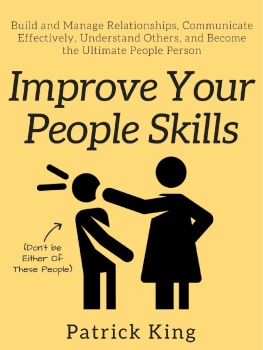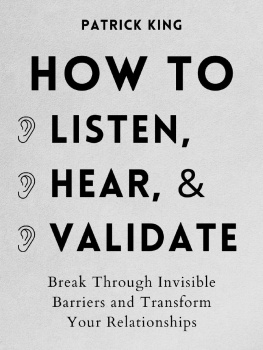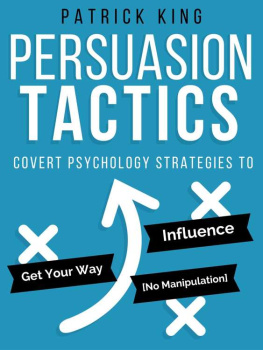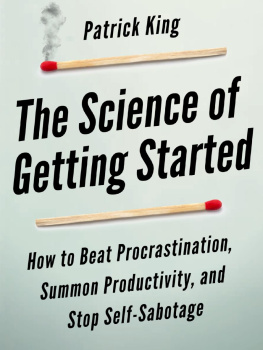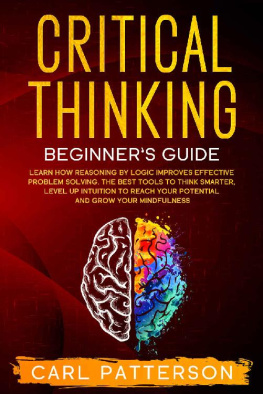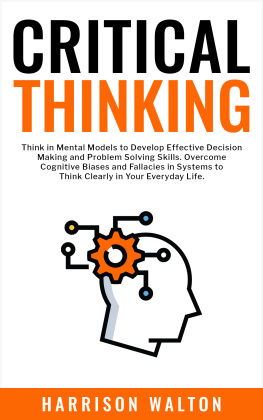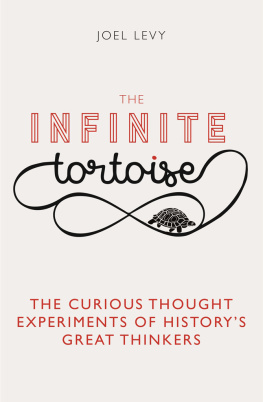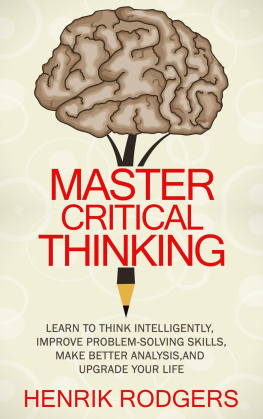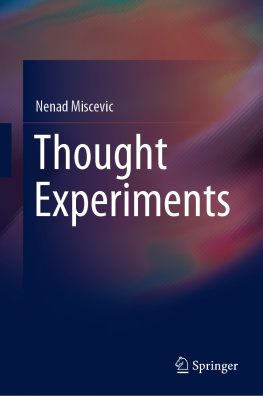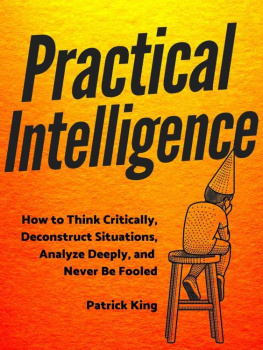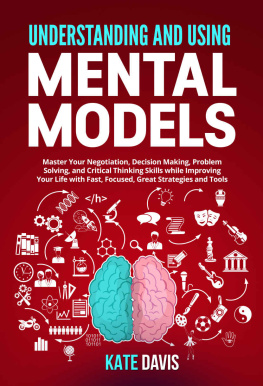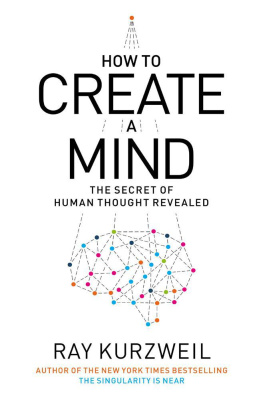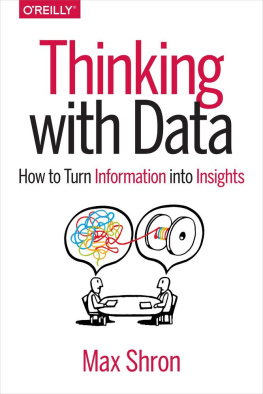Patrick King - Learn To Think Using Thought Experiments: How to Expand Your Mental Horizons, Understand Metacognition, Improve Your Curiosity, and Think Like a Philosopher
Here you can read online Patrick King - Learn To Think Using Thought Experiments: How to Expand Your Mental Horizons, Understand Metacognition, Improve Your Curiosity, and Think Like a Philosopher full text of the book (entire story) in english for free. Download pdf and epub, get meaning, cover and reviews about this ebook. genre: Religion. Description of the work, (preface) as well as reviews are available. Best literature library LitArk.com created for fans of good reading and offers a wide selection of genres:
Romance novel
Science fiction
Adventure
Detective
Science
History
Home and family
Prose
Art
Politics
Computer
Non-fiction
Religion
Business
Children
Humor
Choose a favorite category and find really read worthwhile books. Enjoy immersion in the world of imagination, feel the emotions of the characters or learn something new for yourself, make an fascinating discovery.

- Book:Learn To Think Using Thought Experiments: How to Expand Your Mental Horizons, Understand Metacognition, Improve Your Curiosity, and Think Like a Philosopher
- Author:
- Genre:
- Rating:4 / 5
- Favourites:Add to favourites
- Your mark:
Learn To Think Using Thought Experiments: How to Expand Your Mental Horizons, Understand Metacognition, Improve Your Curiosity, and Think Like a Philosopher: summary, description and annotation
We offer to read an annotation, description, summary or preface (depends on what the author of the book "Learn To Think Using Thought Experiments: How to Expand Your Mental Horizons, Understand Metacognition, Improve Your Curiosity, and Think Like a Philosopher" wrote himself). If you haven't found the necessary information about the book — write in the comments, we will try to find it.
In traditional education, youre taught to recite and regurgitate. Going a step farther, you might learn some critical thinking skills. But what about applying them in the most audacious, fascinating, and inquisitive ways possible with thought experiments?
Philosophical and exploratory thinking pushes your boundaries and opens new worlds.
Learn to Think Using Thought Experiments is about how to analyze, perceive, and interact with information and situations - all in your mind and imagination. It poses a hypothetical and forces you to engage it and answer questions and reason through arguments youve never known. This book will confuse, frustrate, and ultimately improve your thinking prowess like nothing else, on account of being thrown into the mental deep end. Challenge yourself and you will grow.
Improve critical thinking by applying it in innovative and novel ways.
Patrick King is an internationally bestselling author and social skills coach. His writing draws of a variety of sources, from scientific research, academic experience, coaching, and real life experience.
Become more naturally curious, inquisitive, and Sherlock Holmes-like.
- The curious case of two cats and what they teach us about uncertainty.
- What choosing between 1 and 5 people says about you.
- Why this entire world might just be a dream or simulation.
- What a javelin has to do with infinite.
- How Zenos tortoise represents the point where reality and numbers diverge.
- How Chinese logicians, beetles, fish, and monkeys demonstrate different angles of reality and perception.
Learn to thrive in uncertain situations and contemplate more thoroughly and deeply.
Thought experiments are a classic tool that everyone can use, and they enable us to explore more abstract situations and reason through them. Master thought experiments and you can master simply dealing with difficult, uncertain, impossible, or confusing questions and situations.
Use the same models and tools that Einstein, Plato, Socrates, Galileo, and Lao-tzu used - and see your thinking prowess grow exponentially.
This is the fifth book in the Clear Thinking and Fast Action series as listed below:
1. The Science of Getting Started: How to Beat Procrastination, Summon Productivity, and Stop Self-Sabotage
2. The Art of Clear Thinking: Mental Models for Better Reasoning, Judgment, Analysis, and Learning. Upgrade Your Intellectual Toolkit.
3. 10-Minute Philosophy: From Buddhism to Stoicism, Confucius and Aristotle - Bite-Sized Wisdom From Some of Historys Greatest Thinkers
4. Practical Intelligence: How to Think Critically, Deconstruct Situations, Analyze Deeply, and Never Be Fooled
5. Learn To Think Using Thought Experiments: How to Expand Your Mental Horizons, Understand Metacognition, Improve Your Curiosity, and Think Like a Philosopher
6. Take Rapid Action: Get Productive, Motivated, & Energized; Stop Overthinking & Procrastinating
7. Relentless Focus: 27 Small Tweaks to Beat Procrastination, Skyrocket Productivity, Outsmart Distractions, & Do More in Less Time
Patrick King: author's other books
Who wrote Learn To Think Using Thought Experiments: How to Expand Your Mental Horizons, Understand Metacognition, Improve Your Curiosity, and Think Like a Philosopher? Find out the surname, the name of the author of the book and a list of all author's works by series.

